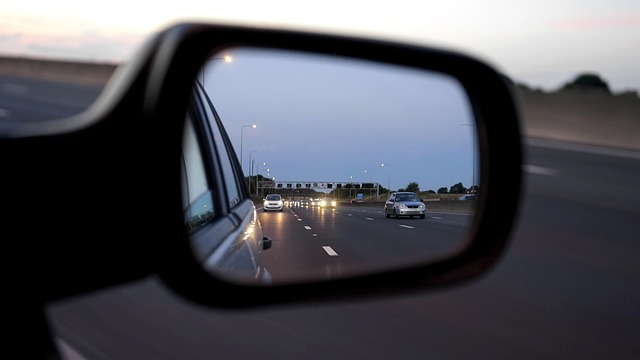New car sales continue to slow despite 1.3% increase
New car sales rose by 1.3% year-on-year in September, marking the first increase since February, however, this has not mitigated a continuous slow in the industry.

EY ITEM Club said at first glance, any gain (even a small one of 1.3%) in the key month of September would seem a welcome performance given that new car sales have been falling year-on-year since March.
However, this would be misleading as the gain is coming from a very weak base as new car sales plunged 20.5% year-on-year in September 2018 when they were hit hard by a shortage of new cars available for sale caused by manufacturers struggling to deal with the implementation of new emissions rules.
It also said that 2019 was the second weakest September (after 2018) for new car sales since 2011.
A further hit to the sector has come from the removal of incentives to buy plug-in hybrid vehicles.
Private new car sales edged up just 0.1% year-on-year in September, and even this marginal rise was buoyed by the fact that they had fallen 20.1% in September 2018.
Consumers are currently cautious in making the major big-ticket purchase of a car amid major uncertainties despite further recent improvement in purchasing power and elevated employment.
Markit’s household finance index showed that the willingness of consumers to make major purchases weakened in September to the lowest level since December 2013 amid heightened political, economic and Brexit uncertainties.
Fleet sales were the strongest sector in September, with an 8.6% year-on-year increase; but again this was lifted substantially by the fact that they had fallen 22.4% in September 2018.
Businesses still appear to be cautious over making new car purchases as they are faced by a soft economy together with heightened Brexit and domestic political uncertainties.
A number of businesses may well be delaying the replacement of their fleet vehicles, and they could well be further encouraged to do so by mounting concerns over the UK and global economic outlook.
Howard Archer, chief economic advisor to the EY ITEM Club, said: “The SMMT reported that new car sales rose 1.3% year-on-year to 343,255 vehicles in the key month of September (due to number plate changes). This was the first year-on-year rise in new car sales since February and followed drops of 1.6% in August and 4.1% in July.
“However, it would be misleading to consider September’s rise as an improved performance and it must be put into perspective. The 1.3% rise comes from an exceptionally low base as new car sales had plunged 20.5% year-on-year in September 2018 when they were hit hard by a shortage of new cars available for sale caused by manufacturers struggling to deal with the implementation of new emissions rules (specifically the introduction of the new Worldwide Harmonised Light Vehicle Test Procedure).”
Mr Archer said: “Indeed, at 343,255 vehicles, it was the second weakest September (after 2018) for new car sales since 2011. Consequently, new car sales were down 2.5% year-on-year over the first nine months of 2019 at 1,862,271 vehicles.”
He added: “New car sales have been driven down by a number of roadblocks – business and consumer caution over making major purchases, sharply reduced demand for diesel cars amid environmental concerns and stricter emission regulations affecting supply (another round of emissions testing legislation coming into effect on 1 September).
“A further hit to the sector has come from the removal of incentives to buy plug-in hybrid vehicles. Diesel sales fell 20.3% in September as they continued to be impacted by environmental concerns and uncertainties over government measures to counter this.
“Private new car sales edged up 0.1% year-on-year in September to 163,173 vehicles. This followed declines of 1.7% in August, 2.0% in July and 4.8% in June, and was the first rise since February. However, the September gain of just 0.1% was buoyed by the fact that new private car sales had plunged 20.1% year-on-year in September 2018.
“Consequently, private new car sales were down 2.4% year-on-year at 838,078 vehicles over the first nine months of 2019. This followed a decline of 6.4% in 2018.”
Mr Archer said: “The clear impression remains that consumers are currently cautious in making the major big-ticket purchase of a car amid major uncertainties despite further recent improvement in purchasing power and elevated employment.
“Indeed, Markit’s household finance index showed that the willingness of consumers to make major purchases weakened in September to the lowest level since December 2013 amid heightened political, economic and Brexit uncertainties.”
He added: “Finally, new car sales to the tiny business sector plunged 44.8% year-on-year in September and were limited to 11,232 vehicles. They were down 37.4% over the first nine months of 2019 at 47,889 vehicles. They fell 5.6% overall in 2018.”







